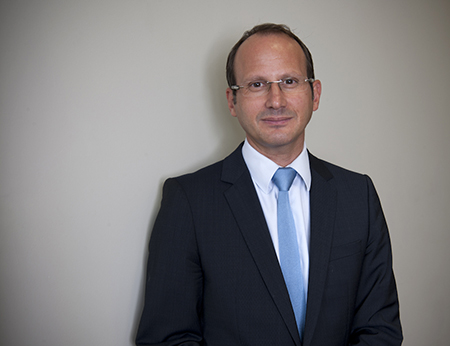Professor Peter Kinderman “The proposed revision of DSM-5 is likely to lead to many millions of people being at risk of receiving invalid and misleading diagnoses”
Psychiatrists and health professionals across the UK and US have joined psychologists at the University of Liverpool to launch an initiative to raise concerns about a forthcoming edition of an American psychiatric handbook.
An influential American psychiatric manual, the American Psychiatric Association’s Diagnostic and Statistical Manual for Mental Disorders – which is used by clinicians and researchers to diagnose and classify mental disorders – has been updated for publication in May 2013.
Psychological reactions to everyday life
Psychologists are concerned that the updated fifth edition – DSM-5 – will increase the number of people in the general population diagnosed with mental illness due to lowered diagnostic threshold levels. It will regard human experiences such as grief, anxiety and stress as mental disorders rather than being social and psychological reactions to everyday life.
A group of psychologists and psychiatrists in the UK and US are voicing their concerns about the reliability, validity and safety of DSM-5 on a website which is being launched later this month. The website provides a detailed scientific and clinical evidence-based critique of DSM-5.
Professor Peter Kinderman, Head of the University’s Institute of Psychology, Health and Society, said: “It is inappropriate to diagnose people who are suffering as a result of ordinary and everyday human experiences, such as grief, as having a mental health problem. The proposed revision of DSM-5 is likely to lead to many millions of people being at risk of receiving invalid and misleading diagnoses.
“Many people experience a profound and long-lasting grieving process following the death of a loved one. Many soldiers returning from conflict suffer from trauma. Many of us are shy and anxious in social situations or unmotivated and pessimistic if we’re unemployed or dislike our jobs.
“It is not right, however, to consider these experiences as symptoms of mental illness that need medical treatment when humane and effective alternatives would be more appropriate.”
Rethink approach to psychiatric diagnosis
Professor Richard Bentall, also at the University’s Institute of Psychology, Health and Society, added: “There is very little evidence that the diagnoses in the previous edition of the DSM have any scientific or clinical value. For example, schizophrenia and bipolar disorder are probably not separate conditions, therefore we need to completely rethink our approach to psychiatric diagnosis, and not merely create a new, worse, version.”
The Diagnostic and Statistical Manual of Mental Disorders (DSM) is the standard classification of mental disorders used by mental health professionals in the United States.
To read more about the guidelines and the reaction from psychologists, please visit: www.dsm5response.com
